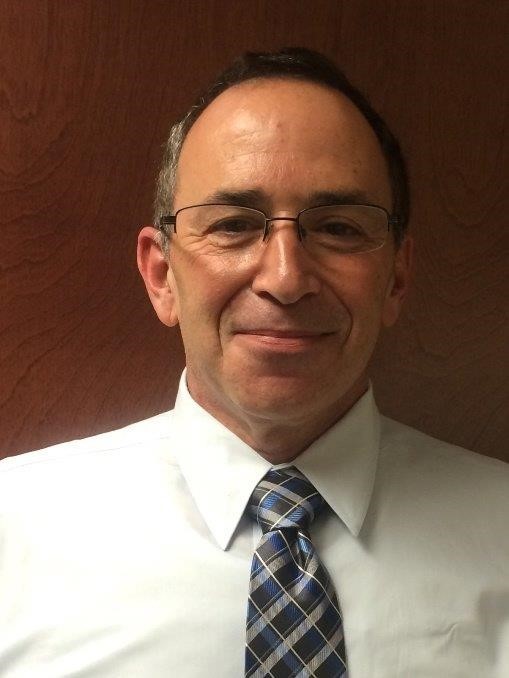From the desk of Stewart Bromberg
Dear Friends,

I remember when I was young, and a neighbor met many of us at our school bus one afternoon. She told us to hop into her station wagon, as we were headed to the movies. We arrived at the movie theater to find out we were going to see the Ten Commandments, starring Charlton Heston. Our neighbor was brave to bring six 7-year-old boys to a movie that lasted just short of 4 hours!
I was quickly mesmerized by the film as I began to watch the activity on the screen. I was taken aback by the size of the pyramids and the vastness of the desert. As the story unfolded, I realized I knew this story. Not only did I know the story, but I had heard (a different version of) this story many times. This, I realized, was the story of Passover. Being the youngest of my siblings and cousins, I was always called upon to recite the four questions. This was a privilege which somehow always ended with me finding the afikomen.
To me, Passover has always represented faith and vision. We have a prince of Egypt who suddenly finds out that his Hebrew mother saved him from the Pharaoh’s sword and helped him live a very good life. He begins to understand the plight of ‘his’ people and works to improve their lives. When he finds himself in the presence of a greater power, he learns about the one ‘G-d’, the creator of everything. I never understood how long he was gone, but I did notice he seemed to age.
We all know how the story ends. Community studies over the decades tell us Passover is the most celebrated ritual in the Jewish world. This crosses generations, locations, languages, and in some cases, religious boundaries. We learn about the suffering of our people and the triumphs of persistence. Over the next few weeks, there will be celebrations throughout our community. Thanks to Rachel’s Table, a program of the Jewish Federation of Western Massachusetts, deliveries of Passover provisions have been made across our valley through the Essentials program. Those who might not have been able to afford the special kosher foods we eat for Passover, are now able to partake in a traditional family holiday experience.
In my home, we have always invited people from all walks of life, backgrounds, religions and beliefs to sit around our table and join us as we retell the story of the exodus from Egypt. Once again, this year, there will be many, not only sitting with us, but participating in our traditions. It is important for us to share out backgrounds and experiences. We should be lifelong learners and be asking questions to expand our minds and improve our understanding. Fear and hatred are born out of ignorance and a lack of willingness to hear and experience something new.
I believe strongly in the Jewish values I live by and raised my children to understand. I reach out to others and offer to help them when I see them faltering or struggling to accomplish something. Our world is a fragile place and it is up to all of us to help those around us understand our customs as they share their customs with us. Passover is a time to remember those who are still suffering the hardships of bondage and fighting to provide safe and engaging lives for themselves and their families. We eat the foods of affliction that our ancestors ate during their hasty exit from Egypt. Our Seder plates have foods that represent hardship and slavery, and the bitter lives of those who built the cities of Egypt.
We also think about renewal and rebirth. This is a welcoming of spring and a look towards a future which includes peace and harmony in our world. In our community, we work hard to help those in need, here in our Pioneer Valley community, and around the world wherever our people need support and help. We are there when tragedy strikes, and to celebrate those who have worked hard to provide for us and our children.
We must always remember to provide for the next generation. L’dor va dor, from generation to generation, we pass on family traditions and help prepare for generations to come.
Many of us end our Seders with ‘Next year in Jerusalem’. My Seder ends with ‘Next year may we see peace in Jerusalem’.
Wishing everyone a happy Pesach.
Shabbat Shalom,
Stewart Bromberg